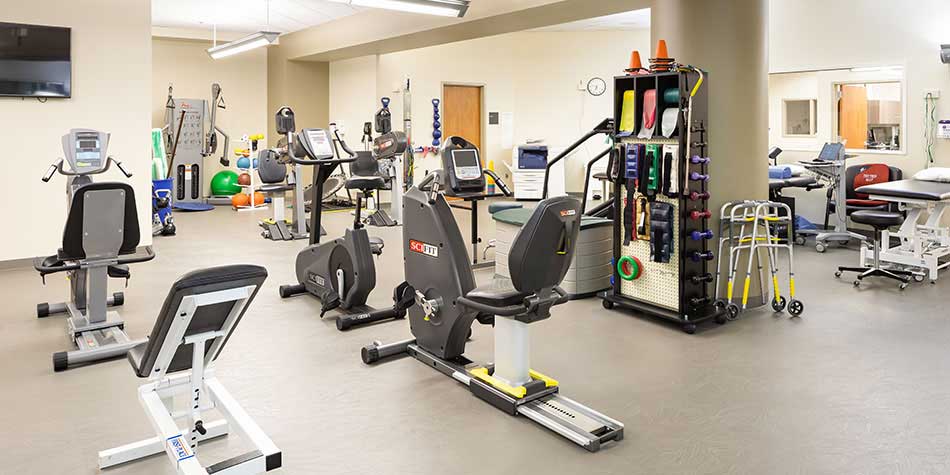Applying Mental Toughness to Enhance Results in Athletic Therapy
Wiki Article
Cognitive resilience is an essential attribute that can measurably elevate performance in athletic rehabilitation. Sportspeople often encounter setbacks that involve time away from their sport, which can be both physically and psychologically difficult. Psychological toughness refers to the ability to remain strong and positive in the face of hardship. It helps players cope with the stress of injury recovery, stay concentrated on their objectives, and maintain determination throughout the recovery process. By developing mental resilience, individuals can improve their recovery experience and return to their sport stronger than before.

One key aspect of building psychological strength is setting realistic objectives. When individuals are hurt, it is essential for them to have well-defined, realistic intentions during their healing. These plans should be detailed, trackable, reachable, relevant, and time-bound (SMART) principles. For example, instead of saying “I plan to recover soonâ€, an athlete might set a goal like “I will follow my therapy routine three times weekly for four weeksâ€. This helps recovering individuals monitor their progress and keep their attention on what they can influence, reducing feelings of discouragement or despair.
Another key factor in building inner strength is maintaining a positive mindset. Athletes should practice positive self-talk and visualization techniques to visit site foster a supportive mental environment. Self-reinforcing language involves replacing defeating thoughts with motivating statements. For instance, instead of thinking “I can’t useful link do thisâ€, an individual could tell themselves “I’m getting stronger with every stepâ€. Imagery can also be beneficial; patients can imagine themselves performing well in their activity as they heal. These practices help build self-belief and reinforce the belief that recovery is possible.
Support systems play a essential role in fostering emotional toughness during recovery. Athletes should surround themselves with motivating peers, family members, coaches, and rehab specialists who understand the difficulties of rehabilitation. Open communication with these support figures allows recovering individuals to express their feelings, worries, and struggles. Additionally, sharing experiences with other recovering peers can provide a sense of community and connection that makes the path easier. Knowing others have faced comparable challenges can foster hope and motivate individuals to persevere.
Lastly, awareness-based methods can greatly strengthen an athlete’s emotional stability during recovery. Mindfulness involves being attentive of one’s thoughts and sensations without criticism. Practices such as meditation, controlled breathing, or gentle movement can help athletes manage tension and stress related to their healing process. By incorporating these techniques into their regular habits, patients learn to stay grounded and focused on their progress, rather than dwelling on what they have missed during their time off from competition. This strategy promotes emotional stability and encourages a constructive attitude towards recovery.